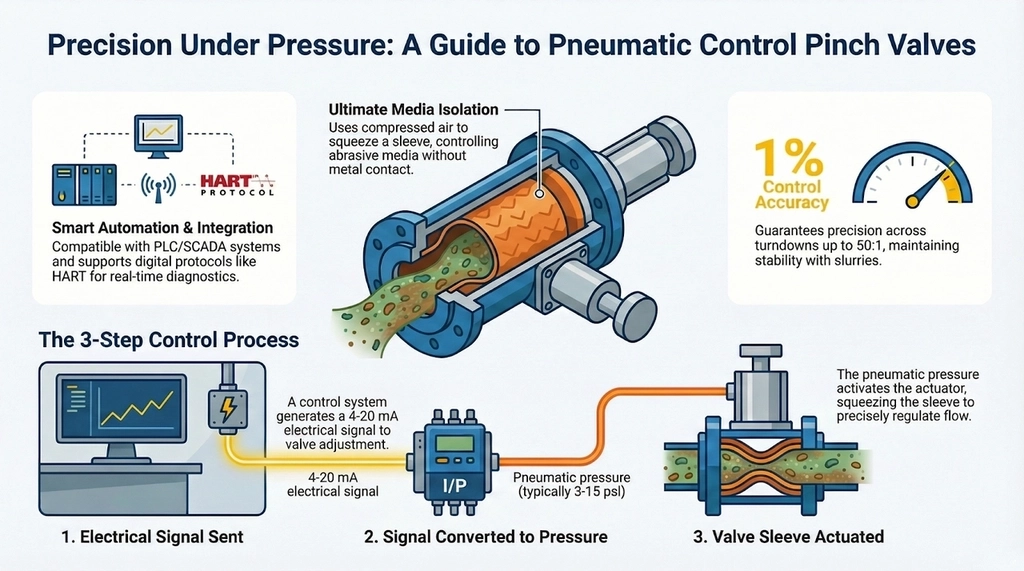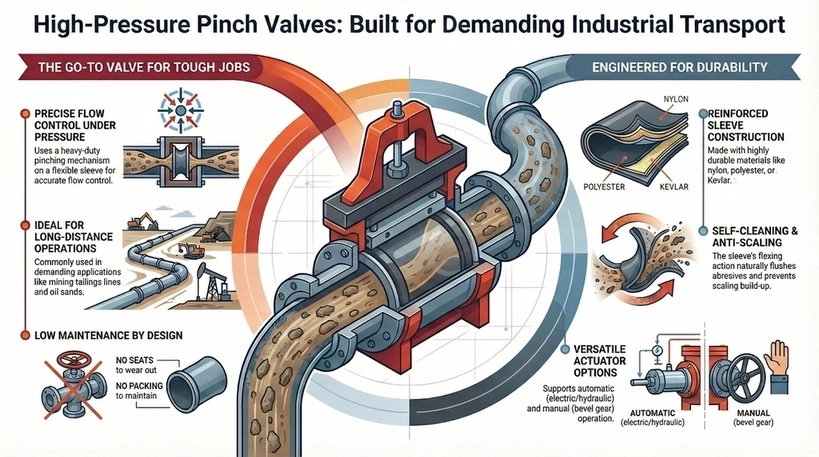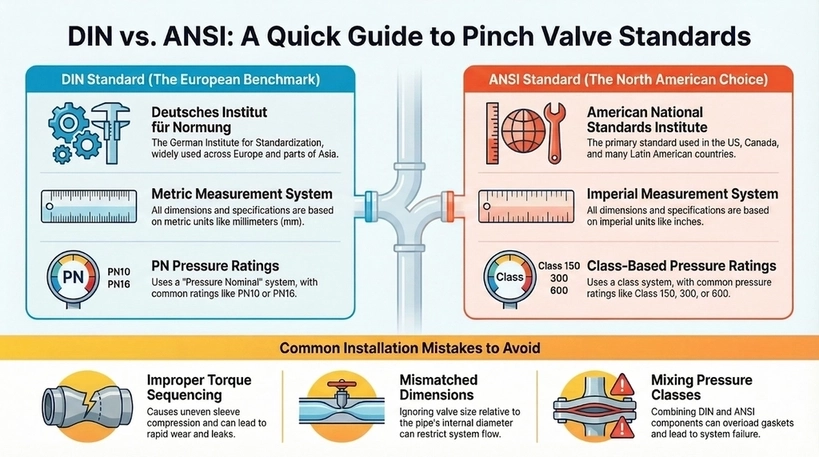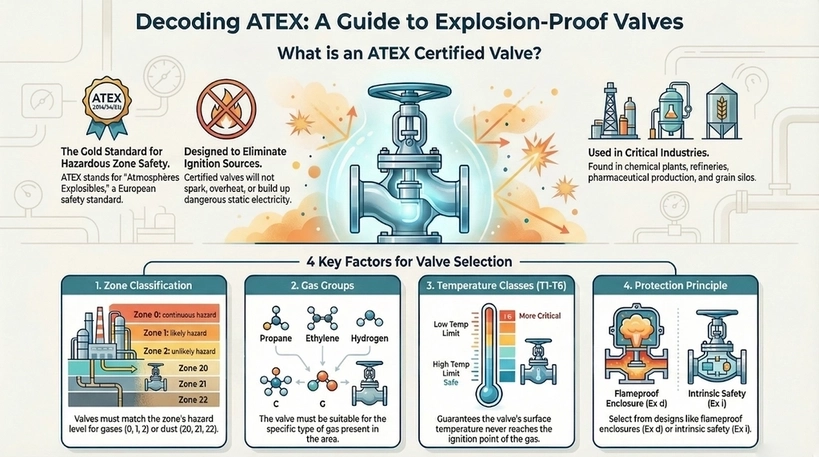

In Brazil’s booming sugar industry, industrial strainers play a crucial role in ensuring clean, uninterrupted production during juice clarification, sugar syrup filtration, and the crystallization process. With sugar mills handling high-viscosity, abrasive fluids like massecuite and syrup, selecting a reliable strainer manufacturer is essential for maintaining syrup purity, minimizing downtime, and meeting hygiene standards.
This article explores the top 7 industrial strainer manufacturers trusted by Brazilian sugar mills, focusing on automation-ready, corrosion-resistant, and self-cleaning designs.
| Rank | Manufacturer | Key Strengths | Used In Sugar Mills For |
| 1 | Lianke Valve | Duplex, basket strainers, automation-ready | Raw juice, syrup, massecuite |
| 2 | Eaton Filtration | ASME-compliant, low-pressure drop, Model 2596 | Juice clarification, syrup filtration |
| 3 | Hayward Flow Control | Thermoplastic, Y-strainers, custom mesh | Evaporator feed lines, syrup purity |
| 4 | Laffi Filtration | Fast local support, custom fabrication | Raw juice, ethanol, crystallization |
| 5 | Krone Filtertechnik | Backflushing, high-efficiency | Continuous crystallization, condensate |
| 6 | Sure Flow Equipment | High-pressure duplex strainers, exotic alloys | Vacuum pans, uninterrupted filtration |
| 7 | Azud | Modular, self-cleaning disc/mesh designs | Cane washing, syrup polishing |
Lianke Valve is a direct manufacturer offering automation-ready industrial strainers for Brazilian sugar mills. Their corrosion-resistant, duplex, and basket strainers are designed to handle high-viscosity sugar syrup and massecuite. Known for cost-efficiency and fast delivery, Lianke supports both juice clarification and crystallization systems with durable, low-maintenance options.
Key Features:
Reliable filtration to protect valves and pipelines — Y, T, basket, and duplex types available.
Explore Strainers
Eaton provides ASME-compliant industrial strainers that are trusted globally in sugar production. Their Model 53BTX and 2596 strainers are engineered for syrup and juice lines requiring low-pressure drop. Eaton is favored in large mills for its reliability and efficiency in maintaining syrup purity.
Key Features:
Hayward specializes in corrosion-resistant thermoplastic and stainless steel strainers. Their Y-strainers and basket strainers are commonly used in high-temperature environments such as crystallizer feed lines. Hayward offers custom mesh sizes to retain sugar crystals and support juice clarification.
Key Features:
Filtrasoft is a local Brazilian supplier known for tailored industrial strainers for sugar and ethanol plants. Their inline and duplex strainers are optimized for raw juice, massecuite, and syrup lines. They stand out for quick local support, custom sizes, and fast fabrication.
Key Features:
Krone Filtertechnik delivers advanced automatic backflushing strainers, reducing manual maintenance and system downtime. These high-efficiency models are essential for continuous crystallization systems and syrup polishing in high-output sugar refineries.
Key Features:
Sure Flow manufactures fabricated and cast strainers with high-pressure ratings for vacuum pans and crystallizers. Their duplex basket strainers enable uninterrupted operation during cleaning, and their use of exotic alloys enhances corrosion resistance.
Key Features:
Azud is known for energy-efficient, modular self-cleaning strainers. Their disc and mesh systems are favored for cane washing, juice clarification, and syrup filtration. With a strong Latin American presence, Azud emphasizes sustainability and reduced water consumption.
Key Features:
What is an industrial strainer?
An industrial strainer removes solids from liquid flow lines. In sugar mills, it’s used for juice clarification, syrup filtration, and massecuite processing.
Why are duplex strainers used in sugar processing?
Duplex strainers allow cleaning without shutting down production, which is essential in continuous crystallization systems.
How does a backflushing strainer work?
It reverses flow to dislodge trapped debris, reducing downtime and manual maintenance.
Choosing the right industrial strainer is key to syrup purity and efficient processing in Brazilian mills. Laffi Filtration has a strong presence in the market with systems built for high-viscosity sugar flow. For robust, automation-ready options, explore Lianke Valve’s strainer line.Discover Lianke’s strainer solutions engineered for syrup, juice, and massecuite lines—built to power Brazil’s sugar industry. Browse Products

Industrial automation systems require valves that deliver precise flow control without compromising reliability in corrosive or abrasive media. A pneumatic control pinch valve excels as a modulating control valve, enabling precise flow to control pressure, temperature, or fluid levels. Using compressed air to gradually adjust the valve position allows smooth process control in mining, wastewater, […]

High pressure pinch valves, like PN16 pinch valve and class 150 pinch valve designs, involve a rugged and heavy-duty pinching mechanism in positioning the sleeve, resulting in an almost accurate and measurable flow of media. This kind of valve is popular and commonly used for long distance operations in mining tailings lines or oil sands, […]

Understanding pinch valve dimensions and flanges ensures seamless integration into piping systems, particularly when choosing between DIN vs ANSI. The two are different but commonly used standards by organizations in engineering, manufacturing, and product design. DIN was developed in Germany but widely adopted across Europe and parts of Asia. Meanwhile, ANSI standards, which originate from […]

Selecting the appropriate explosion proof valve is essential for safety in industries that pose explosion risks. ATEX certified valves guarantee compliance with European standards, preventing ignition sources from heat, sparks, or static electricity. This blog explores key factors for choosing ATEX certified explosion proof valves that ensure overall operational safety, highlighting the entailed regulations and […]



